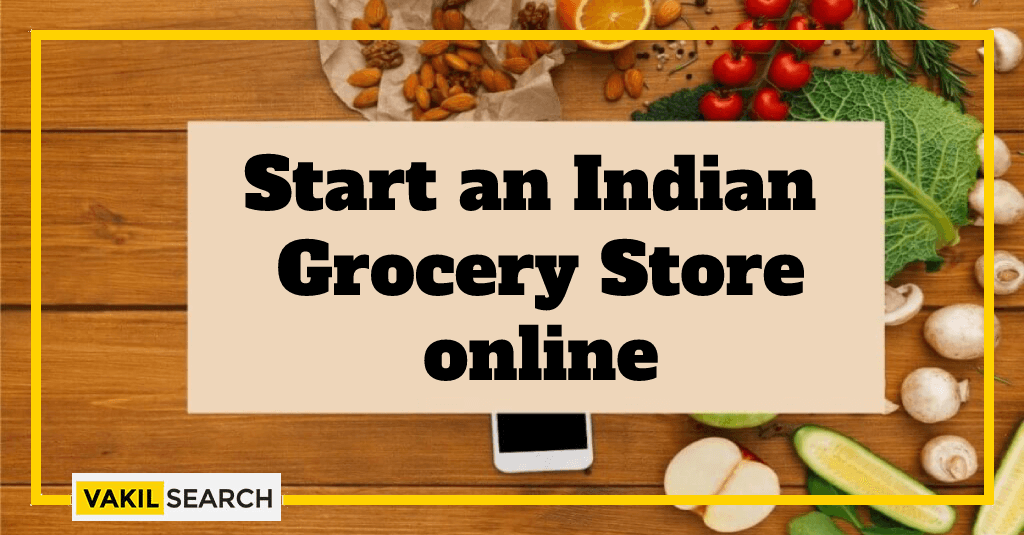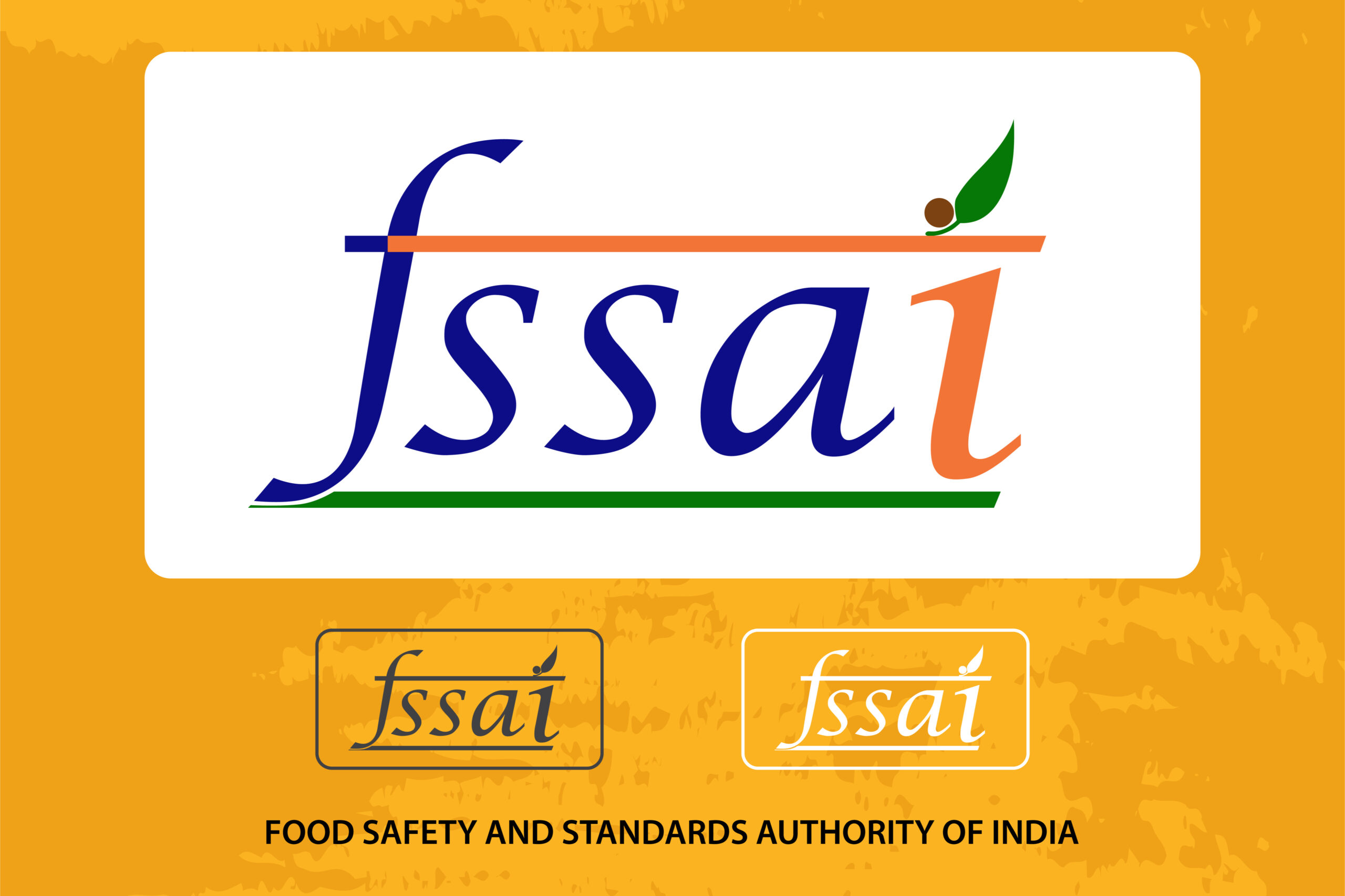The convenience of buying online has allowed so many such indian grocery stores Online to pop up around the country. So, how do you sell food grains and edible oil online? In this article, we will take a look at how you can set up an online grocery store and sell these products.
Introduction
The Indian grocery industry is a vital contributor to the nation’s GDP and job market, serving diverse consumer needs essential for daily life. Initiating a grocery store in India presents both challenges and rewards, demanding meticulous planning, execution, and market insight. This comprehensive guide aims to facilitate your success in India’s dynamic grocery industry by providing actionable steps and best practices. Remember to remain adaptable, prioritize customer experience, and innovate continuously to meet evolving needs, ensuring the success of your venture in the competitive market.
Crafting a Winning Plan
Market Research
Begin by analyzing the local area to understand demographics, competition, and consumer preferences. Tailor your product selection and pricing strategy accordingly to meet your target market’s specific needs.
Business Model
Determine your store format, whether it’s a small convenience store, mid-sized supermarket, or specialized grocery store, each requiring unique considerations and targeting different audiences.
Financial Planning
Create a detailed financial plan outlining investment needs, operational costs, and revenue projections to assess the feasibility of your business and secure funding if necessary.
Securing Necessary Licenses and Permits
Operating a compliant and trustworthy online grocery store requires obtaining the necessary licenses and permits.
Business Registration
Choose a legal structure and register your business with the Registrar of Companies (ROC) to ensure compliance with regulations.
FSSAI License
Obtain a license from the Food Safety and Standards Authority of India (FSSAI) to ensure food safety and regulatory compliance.
Shop and Establishment License
Apply for this license from local authorities to comply with labor regulations and ensure a safe working environment.
GST Registration
Register for Goods and Services Tax (GST) if your turnover exceeds ₹40 lakh to comply with tax regulations.
Finding the Perfect Location
Visibility and Accessibility
Choose a location with high foot traffic and easy access for both pedestrians and vehicles to maximize your store’s visibility and attract more customers.
Rental Costs
Negotiate a fair rental agreement that fits your budget and ensures long-term sustainability for your grocery store business.
Compliance with Local Regulations
Ensure the location adheres to zoning and other municipal regulations to avoid legal issues and fines in the future.
Sourcing Your Inventory
Wholesalers and Distributors
Build relationships with reliable wholesalers and distributors to get competitive prices and ensure timely product deliveries. This will help maintain a diverse range of products and meet the demands of your customers.
Focus on Local Produce
Consider sourcing fresh produce from local farmers’ markets or directly from farmers to offer unique and high-quality items that appeal to environmentally-conscious consumers.
Maintaining Optimal Stock Levels
Implement an inventory management system to avoid overstocking or stockouts and ensure a seamless shopping experience for your customers.
Creating a Customer-Centric Experience
Store Layout and Design
Organize your store for easy navigation and product discovery. Invest in proper shelving, lighting, and signage to enhance the shopping experience and encourage customers to explore your store.
Customer Service
Train your staff to be friendly, helpful, and knowledgeable about the products to provide excellent customer service and build long-lasting relationships with your customers.
Competitive Pricing
Offer competitive prices while maintaining a healthy profit margin. Consider implementing loyalty programs or promotional offers to attract and retain customers and increase customer loyalty.
Leveraging Technology
Point-of-Sale (POS) System
Implement a POS system for efficient billing, inventory tracking, and customer data management to streamline operations and improve efficiency.
Digital Marketing
Utilize social media platforms and local online directories to promote your store and reach a wider audience. Digital marketing can help increase brand awareness and attract more customers to your grocery store.
Consider Online Ordering and Delivery
Explore offering online ordering and delivery services to cater to the growing demand for convenience. This can help expand your customer base and increase sales by reaching customers who prefer to shop online.
What to do before Setting Up an Indian Grocery Store Online

Necessary Licenses and Permits
| Registration/License | Description |
|---|---|
| Business Registration | Crucial for operating legally and obtaining other licenses. |
| Shop and Establishment Act License | Mandatory for any establishment employing more than 10 people. |
| Food License from FSSAI | Essential for selling any type of food item. FSSAI offers different licenses based on factors like annual turnover and type of business. |
| Tax Registrations | Necessary for tax compliance: |
| – Income Tax | PAN (Permanent Account Number) and TAN (Tax Deduction and Collection Account Number) are required. |
| – GST (Goods and Service Tax) | Registration is mandatory for businesses with an annual turnover exceeding ₹40 lakh. |
| Labour Law Registrations | Necessary for employee welfare and compliance: |
| – Employees State Insurance Registration (ESI) | Applicable for businesses with more than 10 employees or employing even one employee who draws a monthly salary exceeding ₹25,000. |
| – Employees Provident Fund (EPF) Registration | Mandatory for businesses with 20 or more employees earning over ₹15,000 per month. |
| – Contract Labour Registration | Required if you engage contract labor for specific tasks. |
| Infrastructure Licenses | May be needed depending on specific situations, such as a warehouse requiring a fire NOC (No Objection Certificate) from the fire department. |
| State Licence and Central Licence under FSSAI | While FSSAI offers different license types, there isn’t a separate “State Licence” or “Central Licence.” The specific license type depends on factors like turnover, type of food business, and location. |
| Pollution Clearance | May not be required for all grocery stores, but it’s advisable to check with local authorities for specific regulations. |
| State-enforced Certification Marks | Some certification marks mentioned are accurate: |
| – Agmark | For agricultural products. |
| – F logo | For fortified foods. |
| – Jaivik Bharat logo | For organic foods. The specific requirement for these marks depends on the type of food items intended to sell. It’s recommended to consult the FSSAI website for updated information on applicable certifications. |
Conclusion
Our team of legal experts will be able to guide you how to start a grocery store. We can identify the licenses and registrations that you need to Start a Grocery Store. Our lawyers can help you with all documentation necessary. Furthermore, we also provide services related to incorporation, allowing you to register your business quickly and efficiently. Lastly, our team will help you procure all other licenses and tax registrations you will need to make your business compliant.
Also, Read









